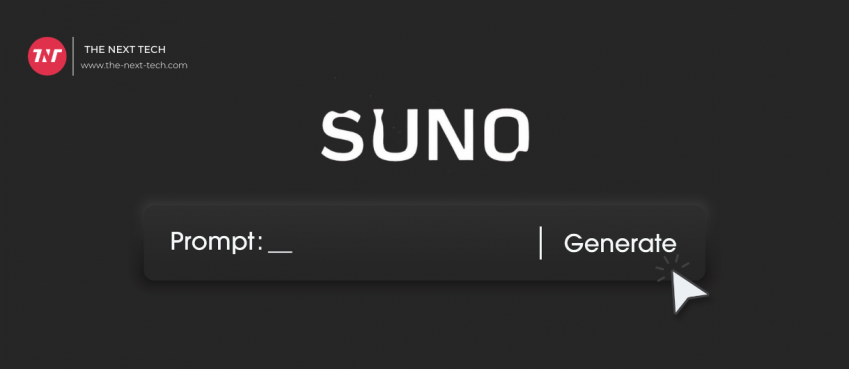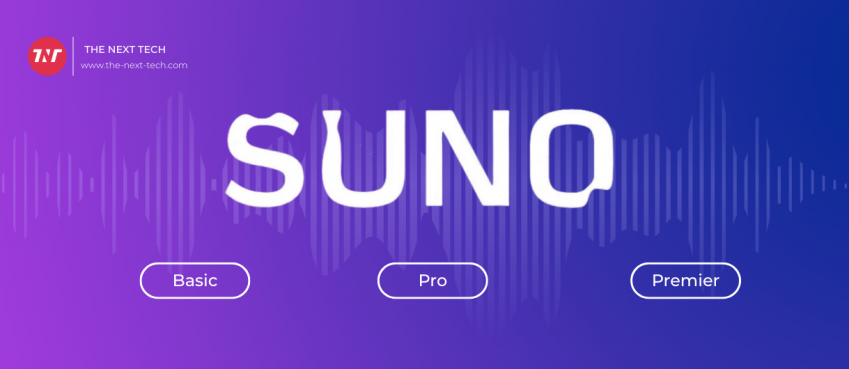
You might have heard the calls to embrace RSS once more, but if you’ve never used an RSS feed reader before, you might be apprehensive.
Is RSS even the right fit for me? Trust us when we say everyone can benefit greatly from adding RSS to their daily life.
am I getting out of it? Just about anything you want, but we’ll cover the basics down below.
What are some of the drawbacks to RSS? Yes, nothing is perfect in this world and RSS has some cons worth exploring, but ultimately it’s well worth your time.
What is RSS?
RSS has a long history and dates back to the early days of the Internet. Think of it as the blueprint for how we subscribe to newsletters, follow each other on social media or even listen to podcasts on a single platform. All this is thanks to Really Simple Syndication. The little protocol that could and changed the world.
How does it work? A site would have all updates added in a feed, which is coded in an XML file. Each new post would be added to the feed and when an RSS feed reader crawled the feed, it would syndicate the post to its dashboard where the user would read it instead of going to the site itself.
How to use RSS?
There’s no right or wrong way to use RSS. That’s the beauty of technology. The current crop of RSS readers has numerous features and integrations with other platforms to enable you quite the breadth of tasks. RSS readers come in handy when you’re gathering information on campaigns and competitors, structuring research, and monitoring your brand.
Also read: Top 9 WordPress Lead Generation Plugins in 2021
Pros of using RSS
It’s a user-friendly tool with a lot of applications for professionals and casual users as well. The main takeaway is that RSS makes content consumption easy!
1. All news in one place
The main selling point is that you have all the information channels in one place. Follow breaking stories as they develop across multiple sites for an unbiased view, where all viewpoints are fully represented. That depends on what news sources you wish to follow, but the opportunity is there. It’s also a much less stressful way to consume news.
2. Saves time
RSS has a cumulative effect. It takes some time to set up and add all your subscriptions, but then you’re done. All set and ready to go on its own. You save precious seconds from checking each site individually and then scrolling through the front page. RSS readers reduce all this to a single dashboard. What’re more websites with heavy publication schedules across many topics have themed feeds.
3. Spam free
Subscribing to a newsletter means daily interruptions by emails you’re unlikely to open in the first place even though you willingly subscribed to a site’s mailing list. It’s because emails are hardly the most convenient format. Add more than one newsletter and you’re getting notifications about new mail, which are nothing more than spam. RSS leaves you to decide when you want to get into your subscriptions – no spam!
4. No email overload
The sight of an empty inbox can transport a person to nirvana instantly. The quest for inbox zero has been greatly emphasized in productivity circles and one way to achieve it is to remove email subscriptions altogether. Rather than commit to a full cull, RSS steps in to house your newsletter subscriptions. It’s easy to migrate your subscriptions to an RSS and only leave important work-related emails without having to dig around under a mountain of newsletters.
Also read: What Is DeepNude Undress AI Tool? A Complete Guide + Best Alternatives To AI Undress Apps
5. Increases productivity
Think about it. The less time you spend on your browser, hopping around open tabs, the more time you actually have to do your job. RSS structures not just your reading, but your daily routine. With a lot less time and mental energy devoted to online distraction, you gain a bit of your valuable focus back and increase the quality of your work. It’s the perfect office addition.
Cons of using RSS
As with most things in life… you can’t have it all. The same applies to RSS. For all its usefulness, there are some drawbacks for both end-users and site owners.
1. Graphics and photos do not always appear
RSS has been designed to strip down articles from all the frills to ensure optimal readability – fine in theory, a bit cumbersome in practice. Images, graphics, animations, embedded video, and social media posts are easily de-formatted or fully erased. Now more than ever there’s a pressing need to consume more than written text, so to that end, RSS might make the process a bit unpleasant.
2. Content can easily be copied
Content drives the Internet. Google and SEO professionals have for the longest of times maintained the mantra of ‘content is king’.
As a valuable resource, you want your content to remain yours recognizably. RSS feeds open up the risk (or possibility depending on how you look at it) to have your content syndicated to another aggregator site completely, which takes credit from you and dilutes the information chain.
3. Tracking subscribers is difficult
Site owners rely on user interactions and metrics. RSS generally drives traffic away from the site itself, so it’s hard to gauge exactly how many people are reading what you post. Yes, there’s a tool that gives you access to the number of subscribers your RSS feed has like Feedburner, but it’s just not reliable. The algorithm behind Feedburner can generate wildly different numbers each day.
Also read: What Is Blooket? How To Sign Up, Create Question Set, Join Blooket, & More + FAQs (Part I)
Some websites do not support it
Users might have a hard time subscribing to every website they encounter as RSS has fallen out of favor due to the current ad model. Fewer and fewer websites support it, which means there’s an inherent barrier to the content you want to consume. However, it’s not insurmountable trouble as there are available tools and even built-in features to overcome this.
Top 10 News
-
01
[10 BEST] AI Influencer Generator Apps Trending Right Now
Monday March 17, 2025
-
02
The 10 Best Companies Providing Electric Fencing For Busines...
Tuesday March 11, 2025
-
03
Top 10 Social Security Fairness Act Benefits In 2025
Wednesday March 5, 2025
-
04
Top 10 AI Infrastructure Companies In The World
Tuesday February 11, 2025
-
05
What Are Top 10 Blood Thinners To Minimize Heart Disease?
Wednesday January 22, 2025
-
06
10 Top-Rated AI Hugging Video Generator (Turn Images Into Ki...
Monday December 23, 2024
-
07
10 Top-Rated Face Swap AI Tools (Swap Photo & Video Ins...
Friday December 20, 2024
-
08
10 Exciting iPhone 16 Features You Can Try Right Now
Tuesday November 19, 2024
-
09
10 Best Anatomy Apps For Physiologist Beginners
Tuesday November 12, 2024
-
10
Top 10 Websites And Apps Like Thumbtack
Tuesday November 5, 2024







